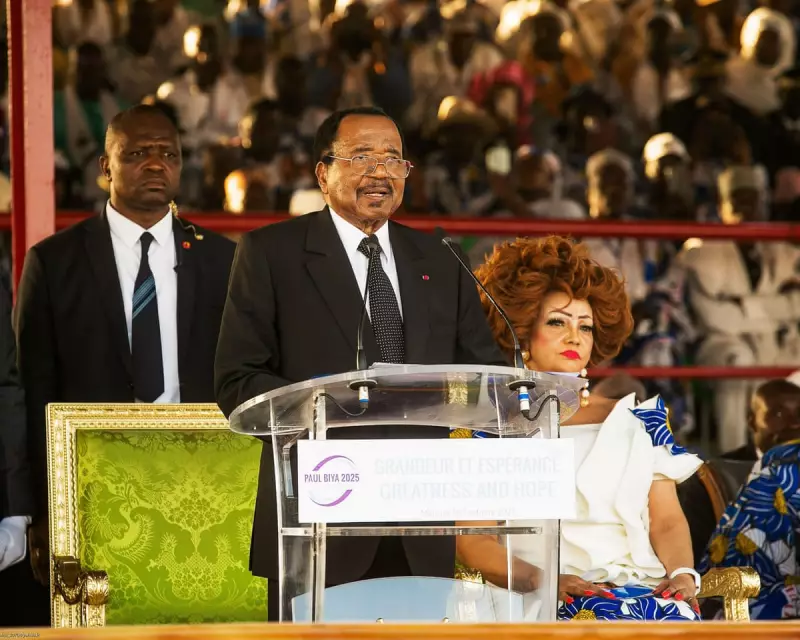
Cameroon's political landscape appears poised to maintain its familiar contours as early indications suggest President Paul Biya, the nation's 91-year-old leader, is positioned to secure another term in office. The veteran politician, who has governed the Central African nation since 1982, faced an unusually unified opposition front in Sunday's presidential vote.
An Unprecedented Challenge
For the first time in recent memory, Cameroon's fragmented opposition managed to coalesce around a single candidate – Social Democratic Front leader Joshua Osih. This strategic unity marked a significant departure from previous elections where divided opposition camps failed to mount an effective challenge to Biya's entrenched political machinery.
Despite this coordinated effort, preliminary results from polling stations across the country indicate Biya's Cameroon People's Democratic Movement (RDPC) maintains its dominant position. The ruling party's extensive network and resources, combined with Biya's enduring support base in key regions, appear to have weathered the opposition's consolidated challenge.
Security Concerns and Regional Tensions
The election unfolded against a backdrop of significant security challenges, particularly in Cameroon's English-speaking regions where separatist conflicts have displaced nearly 800,000 people. Violence in these areas prevented many citizens from participating in the democratic process, raising questions about the election's comprehensiveness.
International observers noted that while polling proceeded relatively peacefully in most French-speaking regions, the situation in anglophone areas remained volatile. Many polling stations in these conflict-affected zones failed to open, effectively disenfranchising significant portions of the local population.
A Political Era Extended
At 91 years old, President Biya ranks among the world's oldest serving leaders and Africa's second-longest reigning head of state. His potential victory would extend his remarkable 42-year tenure, maintaining his position as one of the continent's most enduring political figures.
Opposition candidate Joshua Osih, while acknowledging the challenges, has vowed to contest any results he deems questionable. "We will use all legal means available to ensure the true will of the Cameroonian people is respected," Osih declared as early counts began to emerge.
The election's outcome carries significant implications for Cameroon's future direction, particularly regarding the ongoing anglophone crisis, economic development, and the nation's position within Central African politics. As official results continue to be tallied, both domestic and international attention remains fixed on whether this election might mark the beginning of political transition or simply the continuation of a decades-long era.





